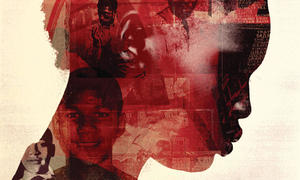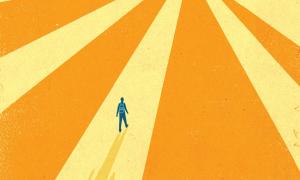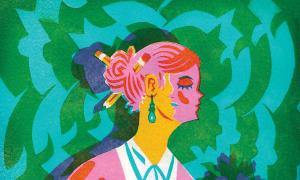article
1,733 Results
article
article
A Need to Speak: Teaching About the 2016 Election
This teacher argues that educators can’t shy away from discussing the current political climate. Students need to learn how to navigate explosive, emotional conversations in ways that nudge the discourse back toward civility.
text
Literature
The First 100 Days

When two sides fail to come together after a classroom election, the teacher institutes the 100 Days plan to try to keep the newly elected accountable and the remaining students apprised of what they can expect from their new president.
January 3, 2017
article
lesson
The New Mad Men
“The New Mad Men” explores how changing demographics in the United States have changed the face of advertising. In particular, the focus is on the purchasing power of the 54 million Latinx people currently living in the United States. The episode visits the headquarters of LatinWorks, an advertising agency in Austin, Texas, with a specialty in multicultural advertising.
November 24, 2014
article
Cultural Sensitivity Keeps Students Engaged
A young language arts student teacher directed her class to “close your eyes and imagine what your characters might look like.” I was observing her second-ever presentation to one of the classes where she would practice-teach for the next few weeks. “Details are very important in descriptions,” she continued, “but you can’t write about them if you can’t see them. Maybe you want to write about a beautiful young girl. Think about the details. She’d have big blue eyes and long blond hair, and her hands would be slender and delicate.” As she spoke, I watched her seventh-grade students. They represented the lower-middle-class school’s racial and ethnic mix pretty well: About half of them appeared to be Hispanic, almost a third could be considered African-American and the rest looked Caucasian. I didn’t see a blond hair or a blue eye among them. Most also had round, soft bodies.
article
Teach and Model Community Involvement When Disaster Strikes
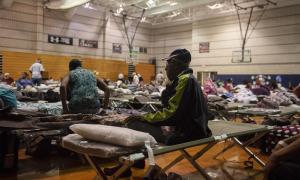
When natural disasters happen, educators can use their leadership roles outside the classroom to foster collective action and teach students about the value of helping in times of need.
article
The World for Immigrant Children in Two Letters
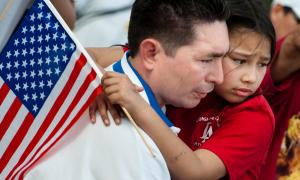
We’ll always support educators who stand up for their students. Teaching Tolerance Director Maureen Costello explains why.
article
Five Things Not to Do During Black History Month

Careful planning, thoughtfulness and alliances will help educators avoid the pitfalls of Black History Month.
